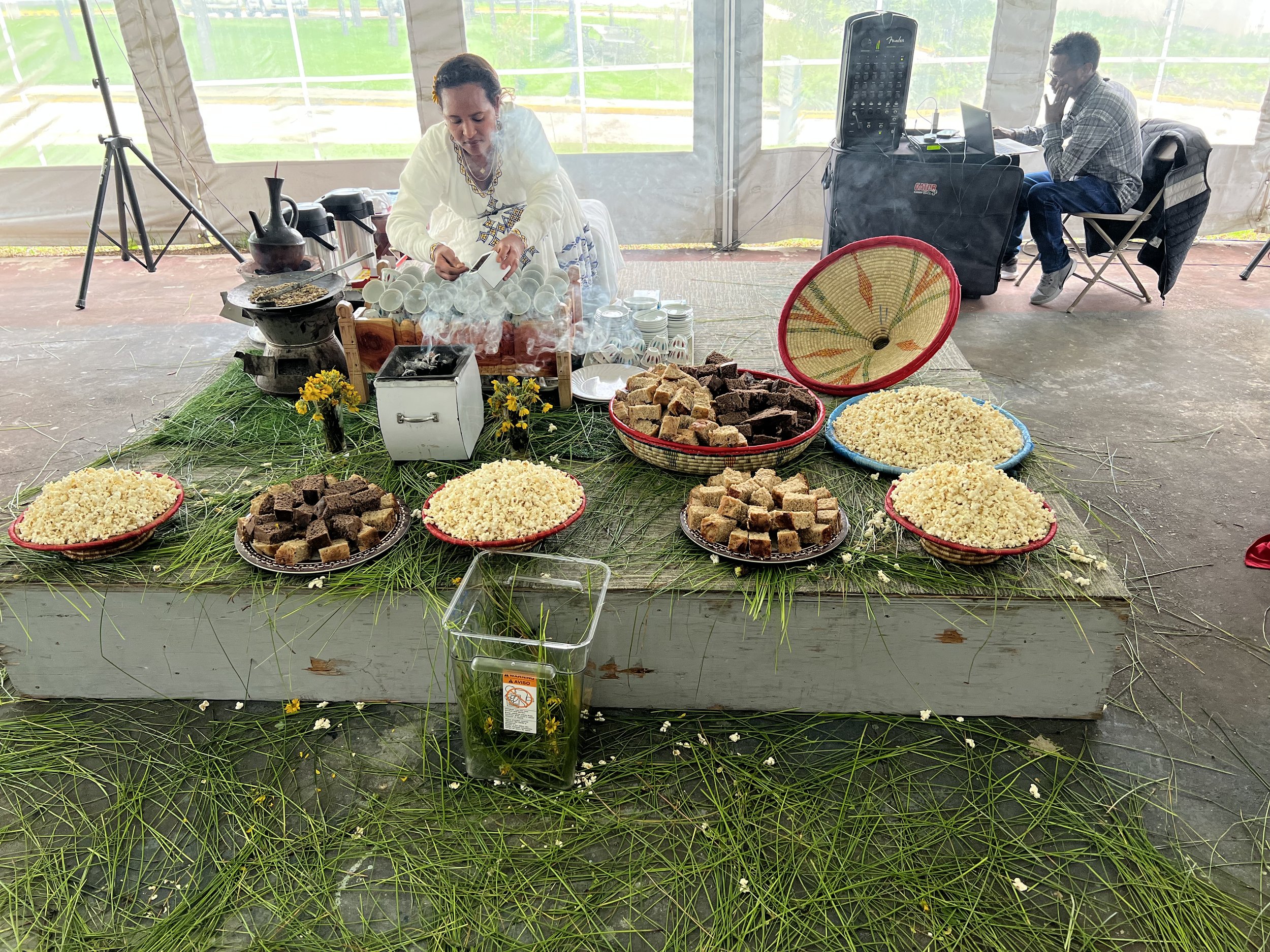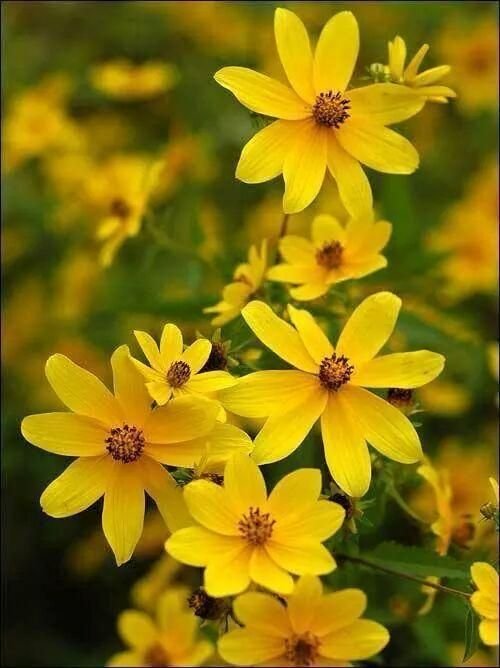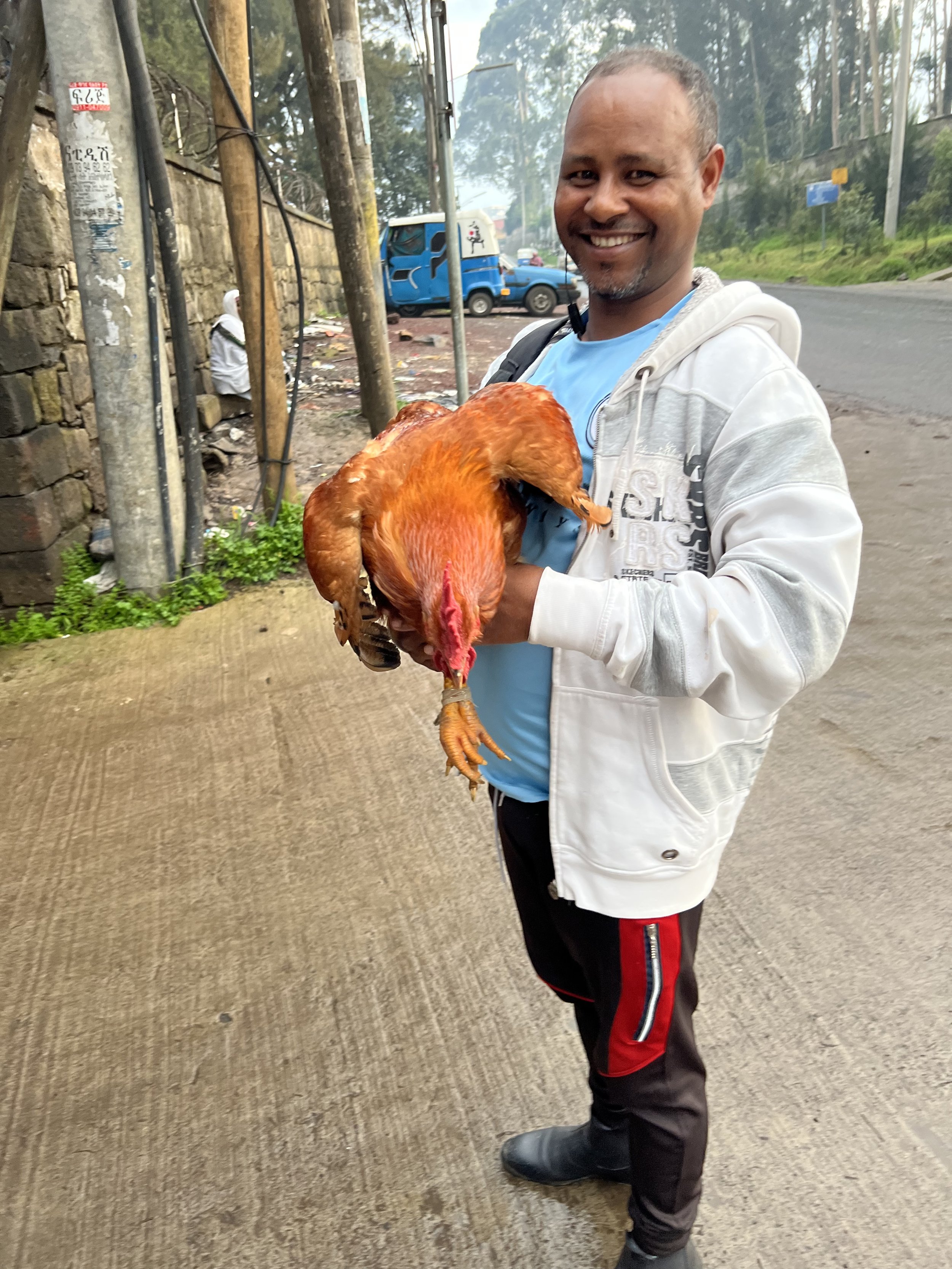25 Years of Being a Global Nomad
Entry 12
Take Me Home, Country Roads
August 31, 2022
For as long as I can remember, I have been sensitive to strong smells and high temperatures. There are certain scents, like strong cleaning solvents and the aroma of meat cooking in the morning, that I find nausea-inducing. Ditto with high heat. Nothing will cause me to question the meaning of life quicker than soaring temperatures. Taken together, a hot + pungent environment form my version of hell on Earth. So, it’s no surprise that one of the most trying and important days of my life was both terribly hot and very stinky.
Let’s go back to the turn of the millennium. I was a Peace Corps Volunteer living in Loropeni, Burkina Faso, a bustling village tucked in the southwestern corner of the country, equidistance between Ghana and The Ivory Coast. It’s 265 miles from Ouagadougou, Burkina’s capital city, but, for as long as it took to get there by car, it may as well have been ten million miles away. On a good day, it would take about 12 hours, but depending on the condition of the roads, it could take much, much longer. Loropeni could have been Mars, for as remote and isolated as it felt.
The taxi rides out of Loropeni were no joke. Most of the transport vehicles were worse for the wear, and the roads were not paved, smoothed, or well-maintained. Ruts. Ridges. Roadblocks. If you had a bum back or were prone to motion sickness, the best thing to do was to make your peace with staying at home. No rides for you.
There was one principal road (unpaved) that ran through the Loropeni – a two lane highway, sans road markings. During the months-long rainy season, the road (unpaved) was often washed out and impassable. You’d sometimes have to wait days for the water to recede enough to make the lanes passable again. My good friend and fellow Peace Corps Volunteer, Rebecca, once quipped that Aretha Franklin sang about a bridge over troubled water but a more apt description for our roads would be water over a troubled bridge. When the roads (unpaved) were finally dry enough to drive on, there was an increased demand for the once-daily bush taxis that would ferry Loropenians out of the village to points near and far.
Space in the taxis was always tight, but on the days when service resumed after a rain-induced hiatus, it was really at a premium. The taxis were typically ancient, rickety Toyota vans whose shocks and suspension systems had long ago aged out of their utility. The drivers didn’t let one square inch of space - inside or outside - to go unused. They could easily fit 20 passengers into a van whose stated capacity was eight. The way the drivers stacked and secured luggage on top of the vans defied luck, logic, and the laws of physics. They could erect mountains of baggage that stood six feet tall, but somehow, they never toppled over.
On the day in 2020 in question, I boarded the van early - I was one of the first passengers. Burkina sits on the Equator and gets 12 hours of day and twelve hours of night. It was in the late morning and the sun, which rose at 6:00 am, had been blazing for hours. I was being jostled from the left and pushed from the right, as the driver made room for other riders to board. It appeared that most of the other passengers had taken their daily bath but were free of deodorant; the air was ripe. As wave after wave of pungent armpit-scented air seared my nostrils, I felt myself trying desperately to fight the nausea churning in my stomach. With each additional passenger, the temperature inside the van rose…100…101…102…Finally, when not one more person could be squeezed onboard, the driver slammed the door closed and tied a little Billy goat to the side of the van. There were also a few chickens inside the cabin. The din from the animals and humans was completely overwhelming. I felt like I was going to pass out.
Sitting next to me was a young woman with a kindly and prematurely lined face. She was cradling a gorgeous infant, who, like all other village babies I’d seen, was clothed but not diapered. All of a sudden, and without warning, she thrust the baby into my arms and proceeded to busy herself rearranging her personal items. There I was, holding a beautiful but unknown tiny human, totally perplexed about why and how I had become her designated custodian. I wouldn’t dream of dropping her and there wasn’t anywhere to sit her, so I bounced her on my lap. I cooed at her, and she flashed a toothless grin. She was adorable. We were engaged in baby banter and her mom continued rummaging through her stuff, smiling the whole time. For a moment, I got caught up in a baby reverie and I forgot about the overwhelming funk, the ever-increasing cacophony of loud voices, and the oppressive heat. Little Miss Loropeni granted me a brief reprieve from the sensory overload of the moment. Very brief. Before I could fully process the moment of calm she’d given me, my leg grew inexplicably hot. I looked down and my entire thigh was wet. What in what? Mother of the baby and the bags began to laugh uproariously as it dawned on her, and me, that her Pamper-free pumpkin had peed on me. It’s a sign of good luck, la mère exclaimed in French - that means she feels comfortable with you, she further explained. She was beaming. My face was contorted in a different direction. I had a distinct frown. You can’t reasonably be angry with an infant, but dang! We had a 12-hour trek ahead of us and I was now covered in urine, with nothing to change into and nowhere to change.
It was all too much – a veritable ”To Do” list of awfulness:
· The baby pee-drenched pants
· The malodor of un-perfumed humanity
· The chickens
· The triple digit heat
· The crush of bodies on both sides of me
· The bleating of the goats
· The unremitting jostling as the van’s wheels struggled against the rain-degraded road
It was all way too much. I was hot, queasy, closed in, and surrounded by a suffocating cloud of human and animal-scented air. I thought was about to lose it, when suddenly, a bright ray of sun beamed through the window. It seemed like the heavens had parted to let out a torrent of optimism. That ray was like a clarion call - here I was, with all of the things I hate in the world going on at full-throttle and concurrently, my version of a complete sensory nightmare - and I was fine. Just fine. The baby was still smiling and cooing, the van was still rolling along the road (unpaved), and I was still alive. I closed my eyes and said a brief prayer. Thank you, Lord for keeping me in my right mind even in the midst of a tsunami of terribleness. Amen.
I have held onto the powerful memory of that moment for more than twenty years. The calmness that I felt then has served as a frequent and needed reminder to hold myself still when the going gets tough. Over the past week, as I have moved halfway across the world, into a country that has re-descended into armed civil conflict, experienced the tears and heart wrench of saying farewell to those I love most, and the overwhelm of being fully immersed in a new country, a new place of work, and a new home, I have sought and found that same stillness, that same light. What I hope is that peace will prevail, that distance wont erode sacred bonds, and that the uncertainty and anxiety that so much newness bring, will abate. What I know is that even if none of these things come to pass, I will still find my center. I will still be fine.
Until Next Time,
Heather Joy
25 Years of Being a Global Nomad
Entry 13
New Year’s Day
September 9, 2022
This week, instead of looking back, I’m inviting you to peer into the future with me…kind of. Back to the Future may be a better way to describe it. The Ethiopian new year, called Enkutatash, will be celebrated this Sunday, September 11. It’s a major holiday here and for the next few days, I’ll be posting photos and videos of the preparations, special dishes, and music that go into making this festive celebration. Ethiopia follows the Julian calendar, which is seven years behind the Gregorian calendar that we follow in the United States. The year here now is 2014, and Sunday will be the first day of 2015.
The rainy season, called Kiremt, that runs from June to October, is coming to an end and the harvest season is on its way. All over the city, the buildings are decorated with yellow balloons, which represent the golden Meskel daisies, which only grow at this time of year on the rolling hills of the countryside. Women and girls wear the daisies in their hair and the flowers also adorn tables and displays.
Here are a few pics and videos from our New Year celebration at work, and of a man in my neighborhood and his soon-to-be-slaughtered holiday chicken.
Say what?!
መልካም አዲስ ዓመት melikami ādīsi ‘ameti aka “Malcolm Addis Amet” is the Amharic greeting for “Happy New Year.”
Check back in during the weekend and learn along with me, as I experience my first New Year in my new home! Let’s do this together!
Until Tomorrow,
- Heather Joy





